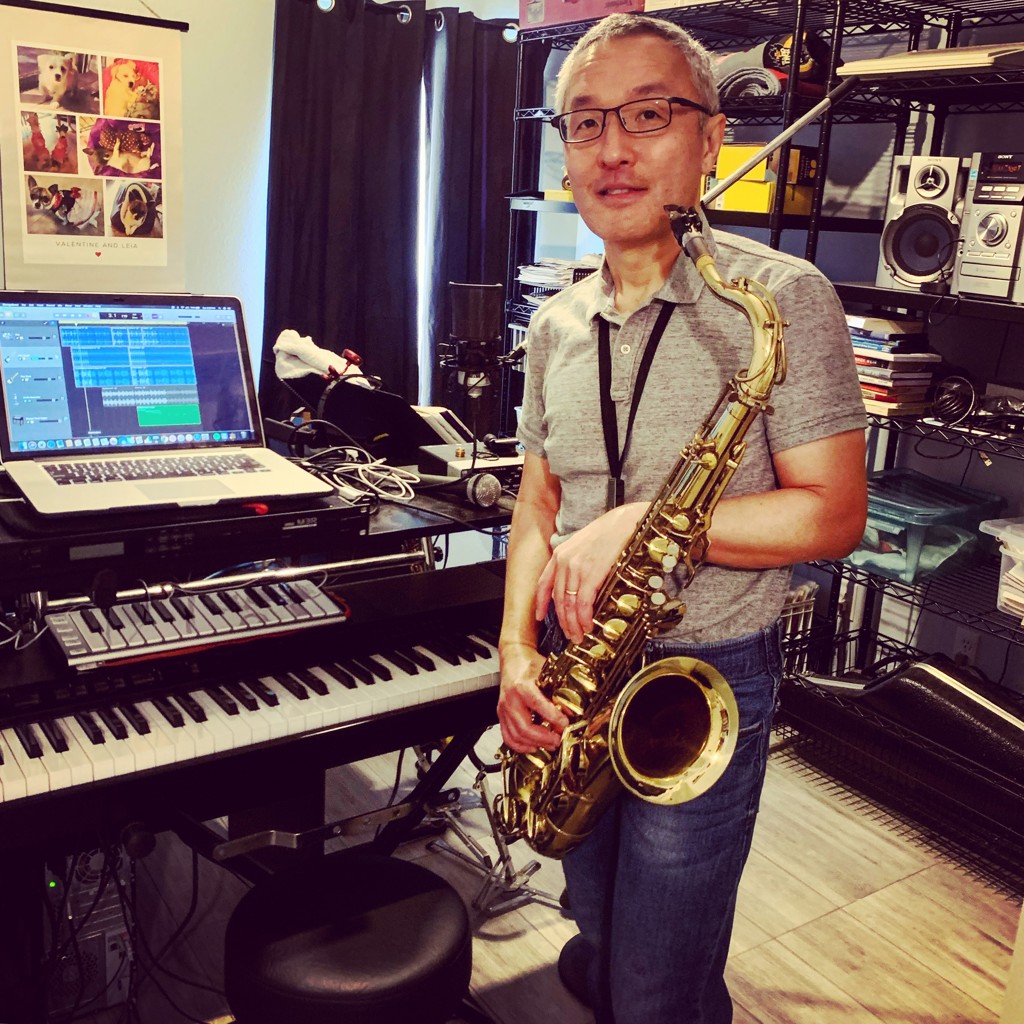Alex Y. Fong
TruTag Technologies Inc, USAFor outstanding achievements and leadership in a wide range of complex projects in life sciences and instrumentation, technical product development, marketing and sales, and for excellence in leadership in OSA and the Florida Photonics Cluster.

“You might not get rich (or you might), but it won’t be boring,” says Alexandre (Alex) Fong. “Be patient with it and yourself,” he continues, giving advice to anyone thinking of going into science. This advice comes from his own persistence in finding his place in the science world early in his career. In high school, he was a soloist in jazz bands and thought he would have a career in music. His music teacher, Ken Foster, gave him the confidence to explore his interests, teaching him that he had a skill that people would appreciate and may even pay him to do. Recognizing that music could be a risky career path, he decided to try another interest: mechanical engineering.
Alex was accepted into a mechanical engineering program but quickly learned that their day-to-day work was not what he was seeking. He began to investigate other options and found that computational models, optics, and lasers were a much more appealing career path, at least for the near term. Moving into this new career path, he was initially intimidated: “After all, it felt audacious to ask to be in the company of these math and science wizzes. They looked prepared to understand the thoughts of Einstein and Heisenberg. Who was I after all? This was just a hobby or interest...However, I just figured, ‘well, if I flunk out at least I flunked out of [something] that everyone agrees is pretty tough.’” Even after finding the right field, there were still decisions to be made. “At one point in graduate school my supervisor asked me what I wanted to do after I finished. I said I wasn’t sure but probably continue in academia and eventually become a professor. Maybe he noticed my lack of commitment or enthusiasm, so he suggested I try working for him part-time [at his spin-off company]. I hadn’t considered industry as an option for a physicist until then. You don’t typically see an ad in the classifieds ‘hiring physicists’ at least not in Canada…So I ended up becoming an engineer after all but working in optical system design and testing.” Through many years of trial and error, Alex was able to find a career that fit.
Today, he finds that his early interest in music was not so far from where he ended up. There are a lot of connections between music and science. “The obvious is the mathematical constructs, but it’s more than that. It’s what you do with those basic or first principles. As in jazz, there are scales and harmonies which set the framework, but the real task is putting all that together to improvise a melody or answer a question or solve a problem. It’s that marriage of technical ability and creativity that’s common.” He uses this creativity to solve problems in the field. When the path to solving a problem becomes clear, Alex finds his happiest moments. “One needs time to think through it all. Once you have that mapped out, then the fun begins.” In these moments, he finds that a spirit of creativity often leads to breakthroughs and innovations.
He spends much of his day in spectral imaging, where the accessibility of very sophisticated machine learning algorithms and AI is allowing him to “cross that last mile” of making vast amounts of data useable. “We are finally able to render the information from cameras in an intuitive manner that can easily be interpreted by laypeople. It’s a really great time for optics and photonics…As a scientific field and industry, it has made incredible contributions to understanding the universe and improving the quality of life for society.”
Photo Credit: Alex Fong
Profile written by Samantha Hornback
